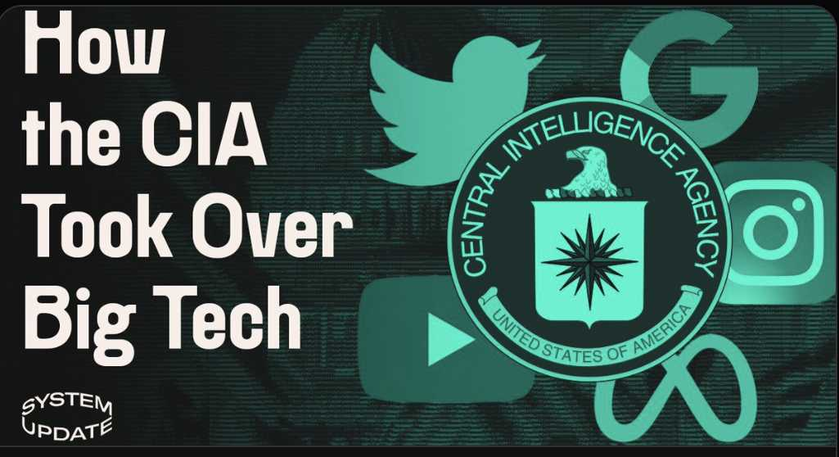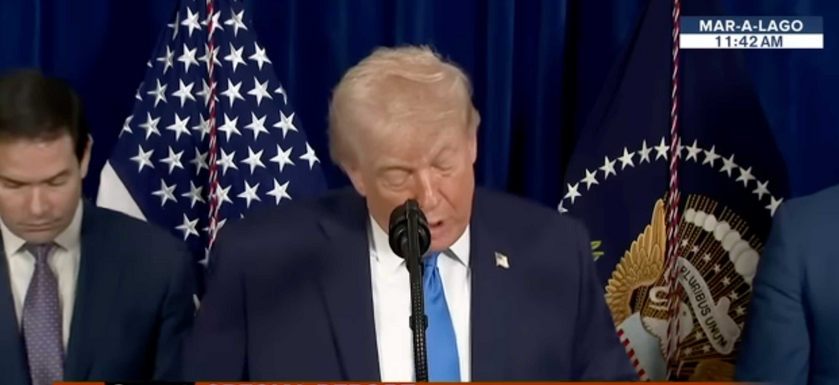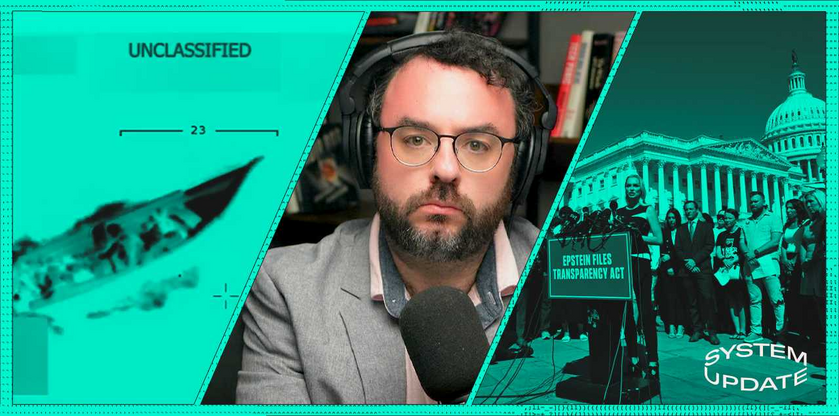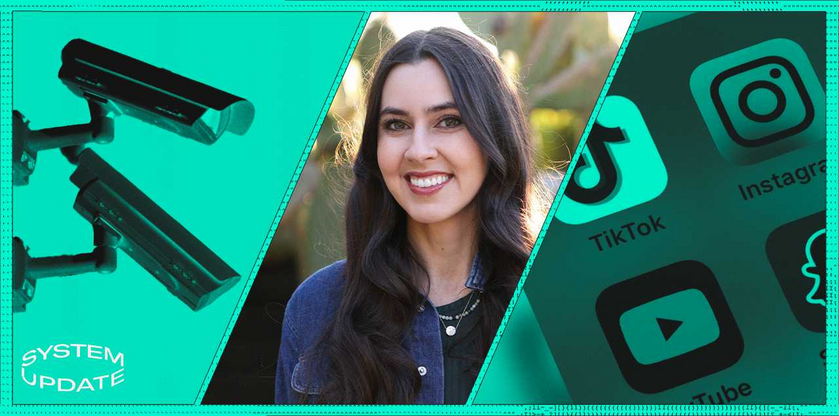Watch the full episode here:
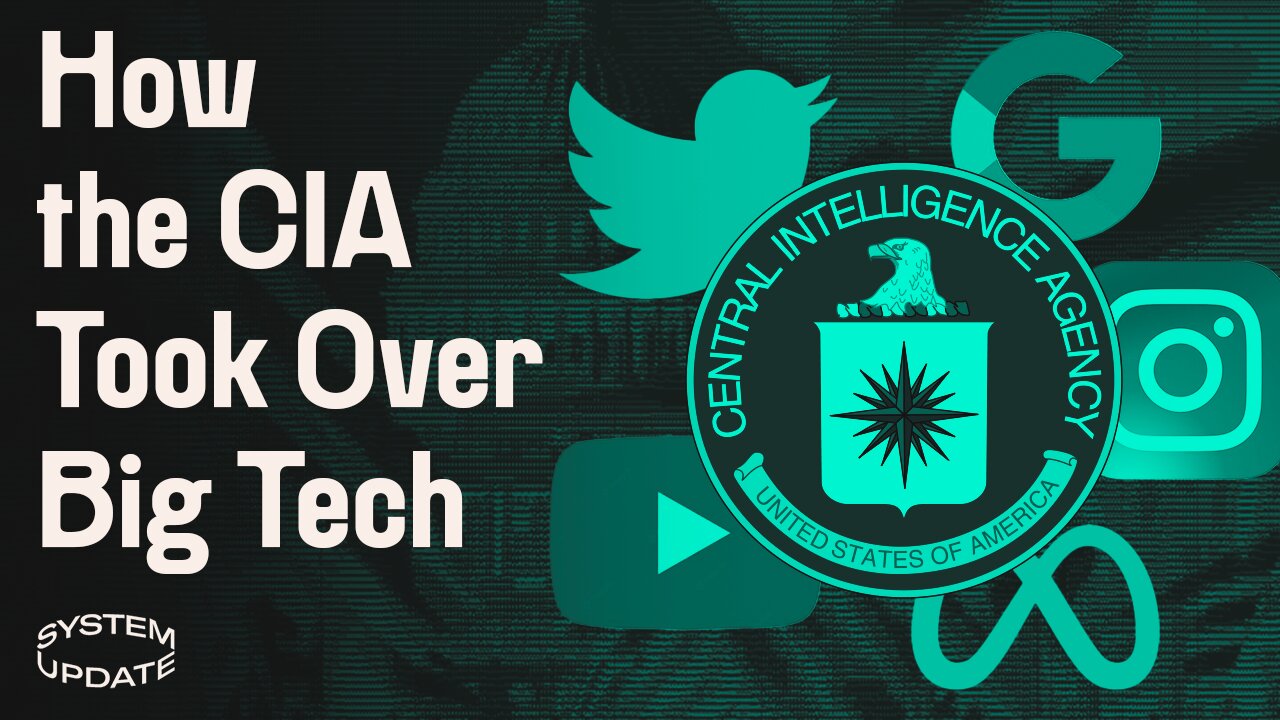
Good evening. It's Tuesday, July 11. Welcome to a new episode of System Update, our live nightly show that airs every Monday through Friday at 7 p.m. Eastern, exclusively here on Rumble, the free speech alternative to YouTube tonight.
Project Mockingbird was the name of a secret CIA project that caused the Agency significant embarrassment when it was exposed in the mid-1970s as part of the Senate's Church Committee investigation. Its basic purpose was to covertly infiltrate and then influence the nation's largest media corporations by implanting agents and other methods for ensuring that corporate news in the United States served the agenda rather than undermining the agenda of U.S. foreign policy.
Today, there's absolutely no need at all for Operation Mockingbird. That is because, as we previously reported, U.S. security state agents openly send their top operatives to get hired by television networks, which proudly tout the number of former CIA, FBI, NSA and Homeland Security operatives on their payroll to report the news to Americans. But it's not only corporate media outlets that are drowning in former operatives of the U.S. security state. These agencies have also utterly infiltrated Big Tech corporations, especially Google and Facebook, and especially among those positions that are responsible for censoring political content from these monopolistic platforms. In other words, at exactly the same time that a small army of security state operatives openly get hired by and help shape the propaganda that emanates from the country's largest media corporations, they are also dictating the boundaries of what citizens can say online, of what ideas and people can be heard and which ideas and people are prohibited. We'll show you the extent of this infiltration and what it means.
Then, ever since the post-George Floyd protest movement erupted, diversity training counselors and diversity officers have become increasingly indistinguishable from explicit old-school racists. They frequently insist on dividing schools and workplaces up by race, pitting whites and non-whites against one another, segregating them into different physical spaces and insisting that racial progress can only happen if we once again return to a form of woke segregation. Tonight, we'll interview the excellent young reporter, Aaron Sibarium, who reports a lot on these developments for the “Free Beacon.” His new story is entitled “’Woke or KKK:’ NYU hosts a whites-only ‘antiracism’ workshop for public school parents” and it describes exactly what it sounds like a public program funded by state money about racism at NYU that excludes everyone except white people. How is that legal? And even if it were legal, why would anyone think it's a good idea to return to the time when races were segregated in the name of combating racism?
As we do every Tuesday and Thursday, as soon as we're done with our one-hour live show here at Rumble, we'll move to Locals for a live interactive aftershow to take your questions and comment on your feedback. That show is for subscribers to our Locals community but to obtain access to that show and much other content, simply sign up as a member to our Locals community. The red Join button is right below the video player here on the Rumble page and by doing that you help support the independent journalism that we do here.
As a reminder, System Update is available in podcast form as well. You can follow us on Spotify, Apple and all other major podcasting platforms. The episodes are posted 12 hours after they first air, live, here on Rumble and you can rate and review each episode which helps us spread the visibility of the program.
For now, welcome to a new episode of System Update, starting right now.
